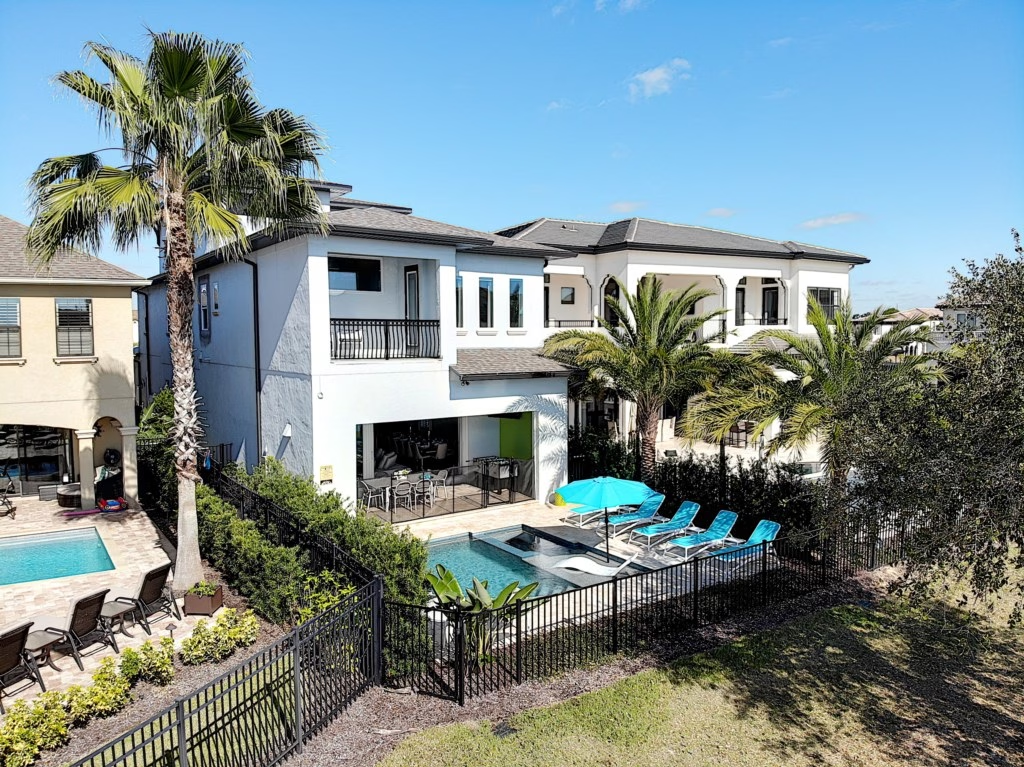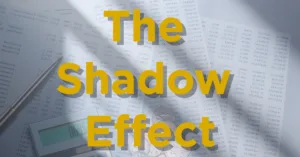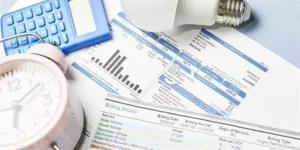It is the time of year when we all start thinking about getting away in the summer. If you are thinking of moving to your favorite R&R spot, then here is your strategy.
After one too many Northeast winters, Mike decided it was soon time to make his main home in sunny Florida. He decided he wanted to sell his apartment building so he could use the funds to purchase a FL home. A 1031 would be a good idea to defer taxes, but he can’t exchange into a personal residence…..or can he?
A 1031 exchange allows real estate investors to defer capital gains taxes by reinvesting proceeds from the sale of an investment property into another like-kind property. (Can be any real estate for any other real estate, as long as it is for investment purposes.)
While many investors use this strategy to grow their portfolios, a lesser-known approach allows them to acquire a vacation home through a 1031 exchange and later convert it into a personal residence, eventually minimizing their tax liability upon sale.
So, here is what Mike did.
Step 1: Acquire the Vacation Home as an Investment Property
To qualify for a 1031 exchange, the replacement property must initially be classified as an investment property. This means that Mike cannot immediately use it as a personal residence. Instead, the IRS requires that the property be rented out to tenants for a reasonable period.
- Generally, the safe harbor guideline suggests that the property should be rented for at least 14 days per year at fair market value for a minimum of two years.
- You can rent it to family under fair market rental rates, or to your corporation for company retreats and business use.
During this period, Mike should also limit personal use of the property to no MORE than 14 days per year or 10% of the total days it is rented, whichever is greater. Keeping thorough documentation of rental activity, expenses, and personal use is crucial to make sure your 1031 is solid and show your intent as a rental property.
Step 2: Convert the Property to a Personal Residence
After the required rental period, Mike can begin the process of converting the property into a primary residence.
Once the property has been converted to a personal residence, Mike needs to make the property his primary residence for at least two more years to qualify for the Section 121 home sale exclusion.
- This exclusion allows individuals to exclude up to $250,000 ($500,000 for married couples) of capital gains on the sale of a primary residence, provided they have lived in it for at least two of the last five years before the sale.
Step 3: Selling the Property and Reducing Tax Liability
When Mike discovers that he loves fishing and doesn’t want to leave FL, he decides to buy a bigger residence.
- When he sells the property, a portion of the capital gains may still be subject to taxes due to depreciation recapture and the pro-rata application of the Section 121 exclusion.
- The IRS calculates the exclusion based on the ratio of time the property was used as a primary residence versus the total ownership period, with any depreciation taken during the rental period being taxable.
For example, if Mike owns a property for 10 years, rents it for the first four years, and lives in it for the remaining six, he can exclude only a proportional amount of the capital gains (6/10 of the gain) under Section 121. The remaining portion attributable to the rental period remains taxable.
- Since FL prices are crazy, Mike’s condo is worth $1M when he wants to sell.
- He purchased it for $500,000.
- The basis in his property is $250,000, because the basis from his 1031 exchange property in PA carried over in the exchange.
- The portion of his capital gain is $750,000, of which 6/10 is Mike & his wife’s personal exemption: $450,000.
- Mike will pay tax on the other $300,000, at long term capital gain tax rates.
- Note: for simplicity we removed depreciation recapture, which would also need to be taken into account. Every investor should seek counsel from their CPA or tax advisor.
Key Considerations and Compliance
To ensure the success of this strategy, investors should:
- Strictly adhere to the IRS guidelines for rental use before conversion.
- Maintain accurate records of rental income, expenses, and personal use.
- Consult with a tax professional to navigate the complexities of the 1031 exchange and Section 121 exclusion.
Conclusion
By carefully planning and executing a 1031 exchange into a vacation home, real estate investors can enjoy the benefits of tax deferral, generate rental income, and eventually convert the property into a personal residence while minimizing capital gains taxes upon eventual sale.
Many investors we work with appreciate the big picture thinking we provide to help them maximize their investment returns and reduce taxes. Contact us today to plan your next smart move to grow and protect your investments.





